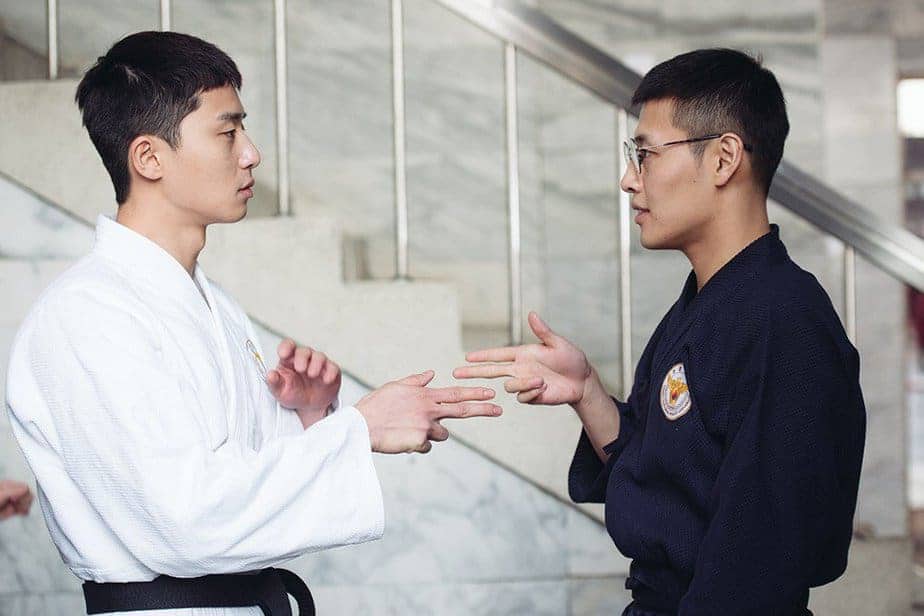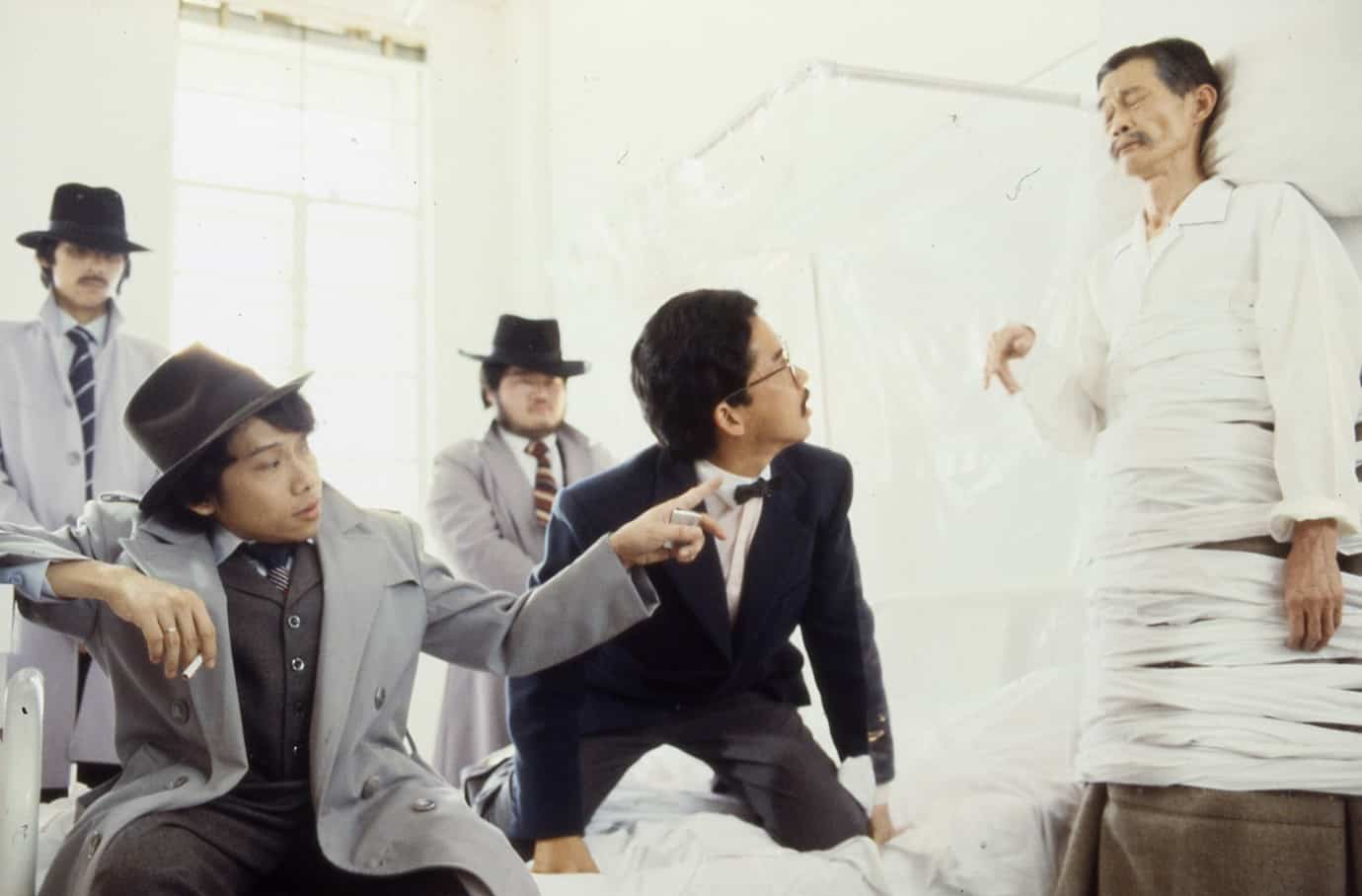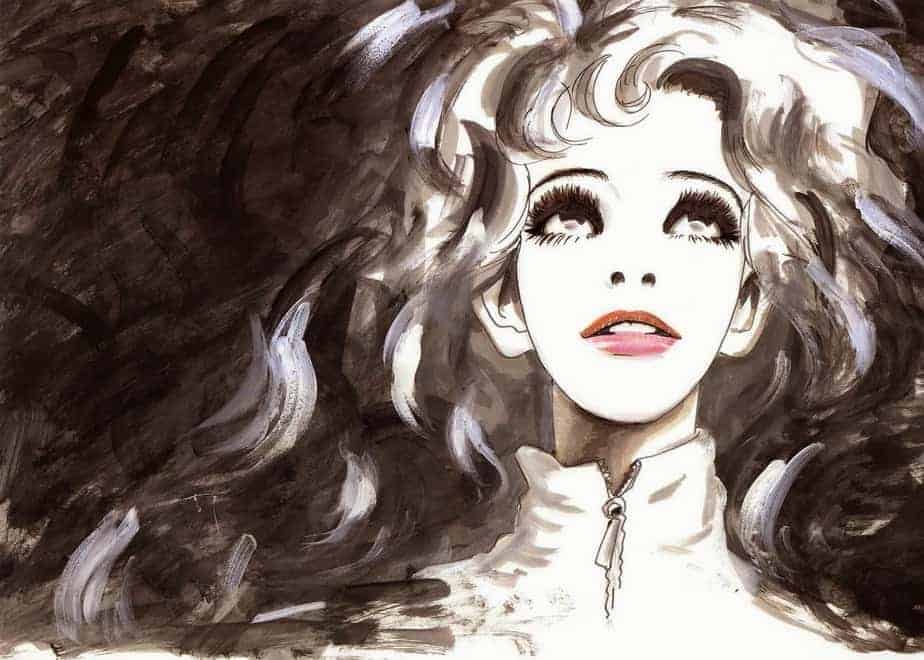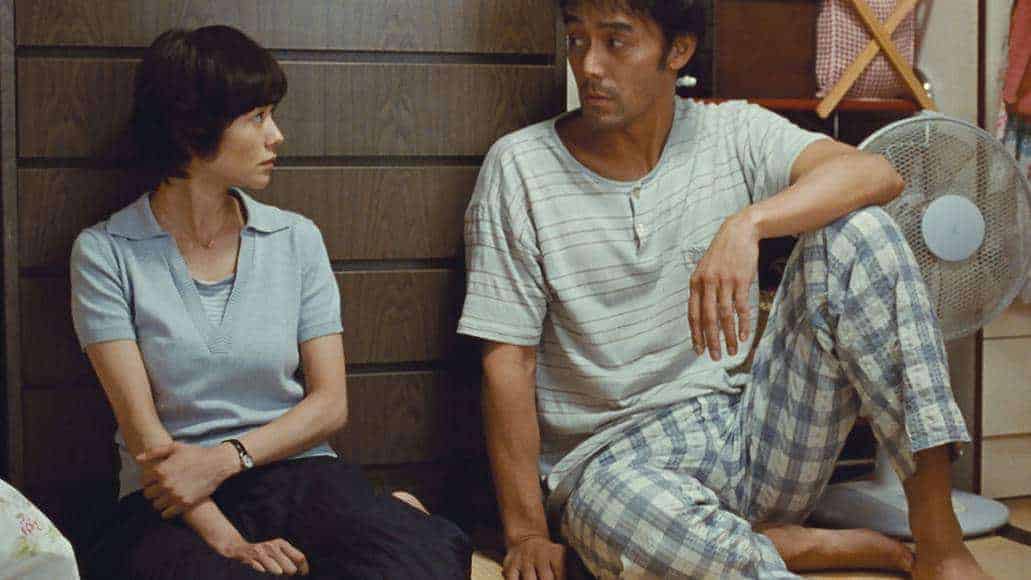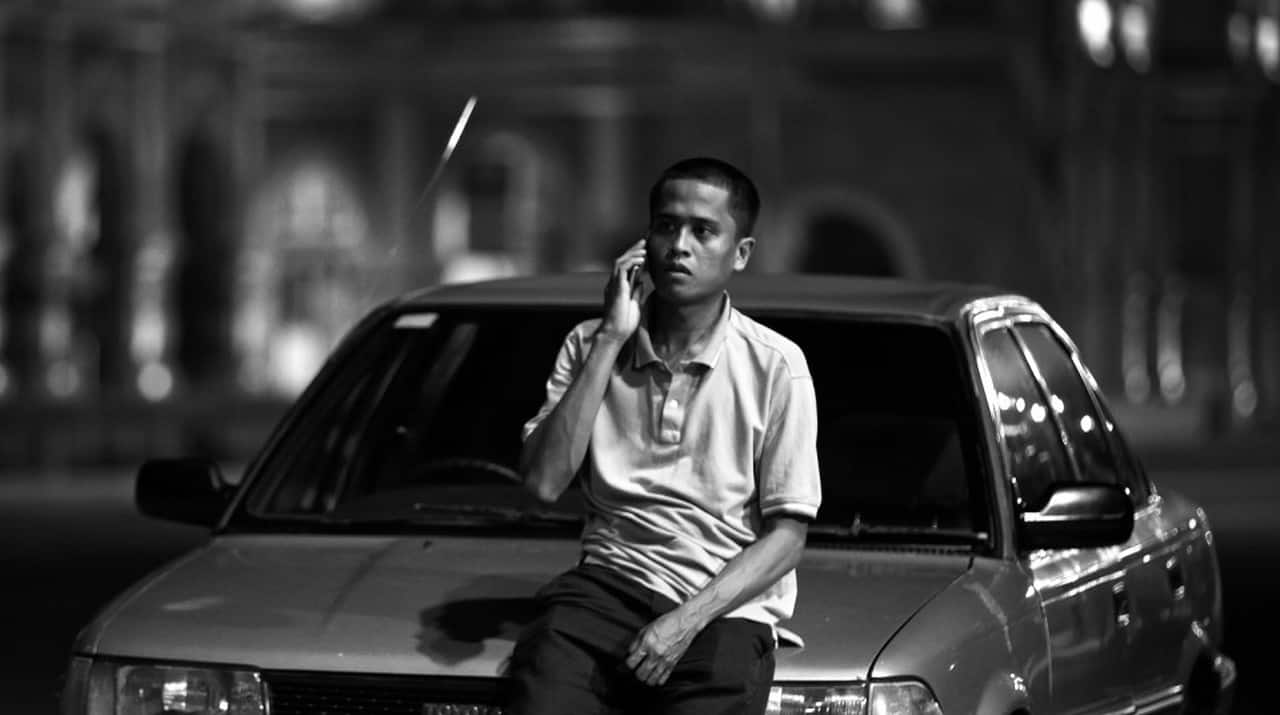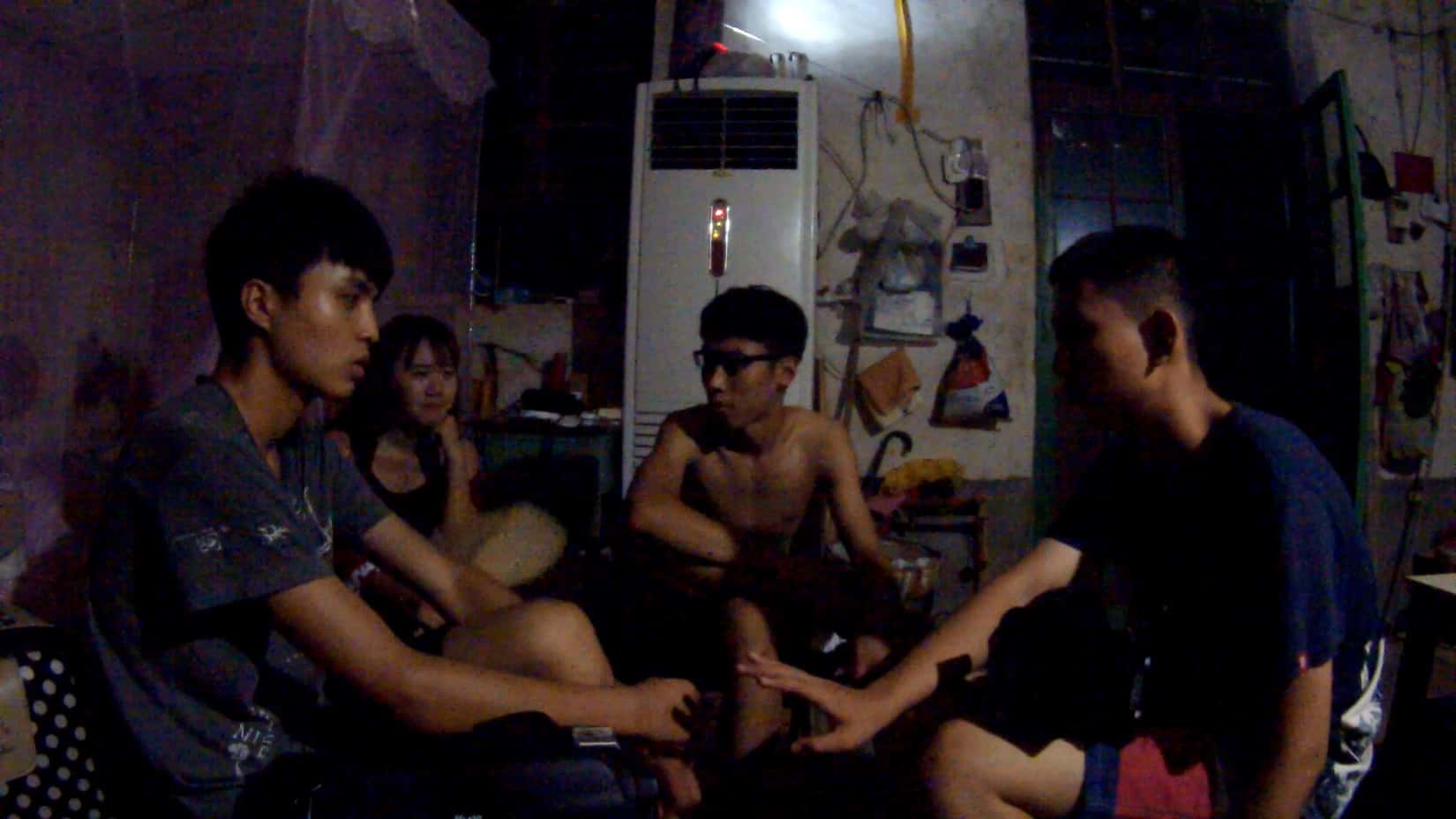Stepping up from a low-budget indie affair straight to a mainstream, commercial effort is no small task, but director Kim Joo-hwan undeniably succeeded with “Midnight Runners.” Dominating the box office upon release (it was the sixth highest grossing film of 2017 in Korea), this buddy cop action comedy strikes an enthralling balance between farcically daft humour and grounded emotion. It may not provoke any attentive self-discussions or chime in with imperative sociopolitical commentary, but with an enthused young cast and plenty of laughs, there are indisputably worse things to do than watch this movie.
“Midnight Runners” is available from Echelon Studios

At first though, “Midnight Runners” dials down the hilarity, fixating on an intriguing part of the education system: Police Universities. Rigorously structured, forcing applicants to shave their heads upon admission and subjecting them to late-night training drills, they steer far from the norm when it comes to methodology. Gone are practical, theory-based subjects such as mathematics, and in come martial arts classes and mundanely delivered lectures on crime statistics, all alongside the teaching of vital workplace instructions. These institutions demand hard work and structure, yet still draw myriads of applicants who may not fit the desired mould, including the unlikely friends Park Ki-joon (Park Seo-joon) and Kang Hee-yeol (Kang Ha-neul). Both at the university for starkly different reasons (Park, because he comes from a poor background and tuition is free at this university, and Kang because he does not quite fancy studying at KAIST), on paper, their bond should not work. After all, the bespectacled nerdy germaphobe and fussy eater Hee-yeol is not exactly someone a muscular, conventionally handsome type like Ki-joon would customarily be spotted socialising with, let alone begin to solidify a lifelong friendship alongside. However, these two are far from stereotypical, and thus connect through their exuberant, immature eccentricity, as well as their drive to get through an academic system they are not especially wedded to.
Nevertheless, regardless of whether the students are an off-kilter pairing or otherwise, one critical night sees them involuntarily thrust into becoming a resilient crime-fighting duo, after witnessing the abduction of a young woman first-hand. Turning initially towards the local authorities for reinforcement, their preliminary endeavours are fruitless. Unfortunately, the ‘Missing Persons' unit they require support from is already preoccupied with a high-profile kidnapping case involving a CEO's grandchild. Consequently, given they are disappointed at their futile appeal for help, feeling the adrenaline rush of being mildly tipsy and concerned that they cannot neglect the victim, the duo's own, albeit amateur, criminal investigation is launched. From here, the antics truly begin. Applying the once sarcastically dubbed “useful” self-defence training and enforcing unconventional methods of questioning, the students attempt to complete their mission within the critical seven-hour period designated to abduction cases. Firstly, for the sake of the kidnapped woman. Secondly, though, so the two can return to university unscathed, without their seniors catching wind of the night's proceedings.
Predominantly, what “Midnight Runners” succeeds most in is a relentless dedication to consistent comedy. Sure, there is still an abundance of sobriety given to the more humourless aspects of the narrative, such as the underground organ farming and forced ovulation for the sake of profit, but Kim's writing ensures there are sufficient laughs in unanticipated moments, as well as in the expected places, even if it means risking breaking-up tension. To elaborate, whilst there is certainly some of the more predictable, throwaway humour sprinkled in; namely subtly deployed middle-finger taunts, ostentatious death stares and cliched flirting, there are just as many unforeseen laugh-out-loud moments that stay in your head long after the end credits. Regardless of whether it is a botched self-defence drill or the protagonists running back to pick up equipment to avoid fines after a tense, heroic final fight scene, there is attentive depth put into the comedic elements of the story, supplementing the plot's crucial elements seamlessly.
Having said that, the aforementioned success in achieving fluid incidents of laughter would not have been as eminent without the pairing of Park Seo-joon and Kang Ha-neul. Filled with youthful exuberance, the young actors flawlessly portray their roles as perpetually excitable twenty-somethings. Above all, they are both the kind of fresh-faced, innocently handsome types who, in depicting wet behind the ears trainee policemen, are effortlessly able to command support from audiences. Certainly not hindered by a lack of chemistry either, Kang and Park are affably charming on screen together, performing their respective roles with ease.
Nonetheless, to exclusively fixate on their natural appeal or praise what is essentially a surface-level ability to nail a post-adolescent lack of sophistication, would risk ignoring some of the nuanced aspects of their performances. Although far from a masterclass in range (this is a screwy comedy after all), the unabating charisma from the leads supplements the dialogue with moments of precise shrewdness. Specifically, using rapid, anxious hand gestures, or carefully stuttered lines of dialogue which paint a tangible image of inexperienced apprehension to them. These moments might not be quintessential to the narrative, but do provide profundity into characters which are, inherently, rather one-dimensional. That certainly is not a negative per-say, as the genre of comedy rarely demands astute development, but when Kim allows his actors to sprinkle in some personality, it protects the movie from disallowing its protagonists from being relatable, or at the very least understandable.
Furthermore, what director Kim also auspiciously allows is for cinematographer Jo Sang-yoon to flesh out locations vividly. Primarily, the sapped, humdrum Korean-Chinese portion of Gangnam. Permanently tinged with darkened hues, and oftentimes framed compactly to focus on minute details such as unsightly decor or decaying cement grout, it epitomises the back-alley atmosphere felt whenever the camera focuses upon the area. Moreover, it glaringly contrasts with the lighter, more personable filtration awarded to scenes involving the Police University grounds. Consequently, anticipation and viewer tension changes upon each location's appearance, meaning viewers can likely guess moments of significance or conflict will occur around the gritty pavements of Gangnam, and that the university tends to instead signify a place for reflection and growth.
Overall, “Midnight Runners” triumphs in achieving a reasonable equilibrium between its key elements, action and comedy. Therefore, it means the story can get serious when required to, Kim Joo-hwan wholly unafraid of critiquing facets of the police system or commenting broadly on the societal issues relating to the abuse of women, but never without forefronting moments of slapstick light relief just as assuredly. Consummately crafted, “Midnight Runners” is a film that, when disregarding noticeable minor missteps, is a thoroughly gratifying watch.


